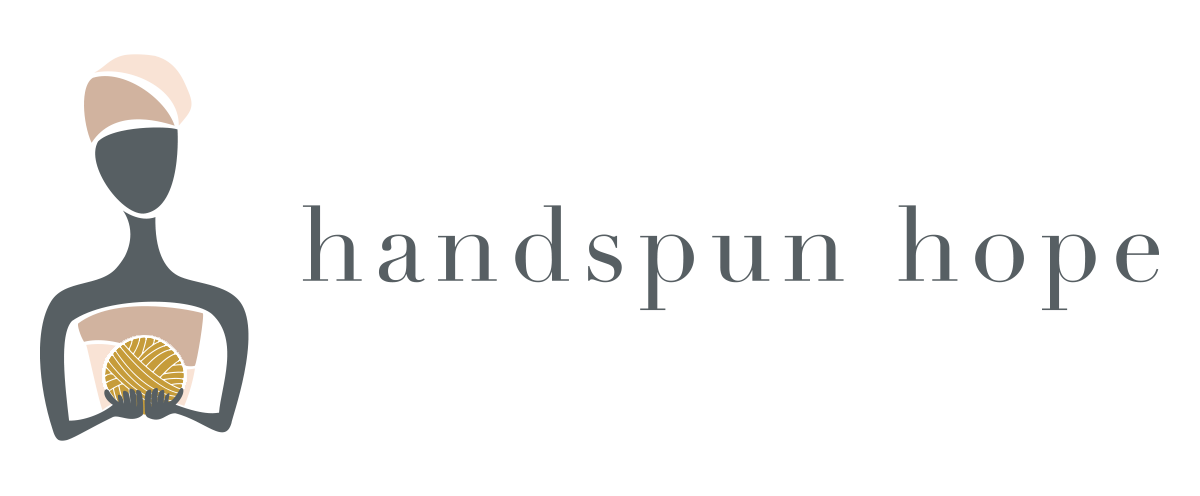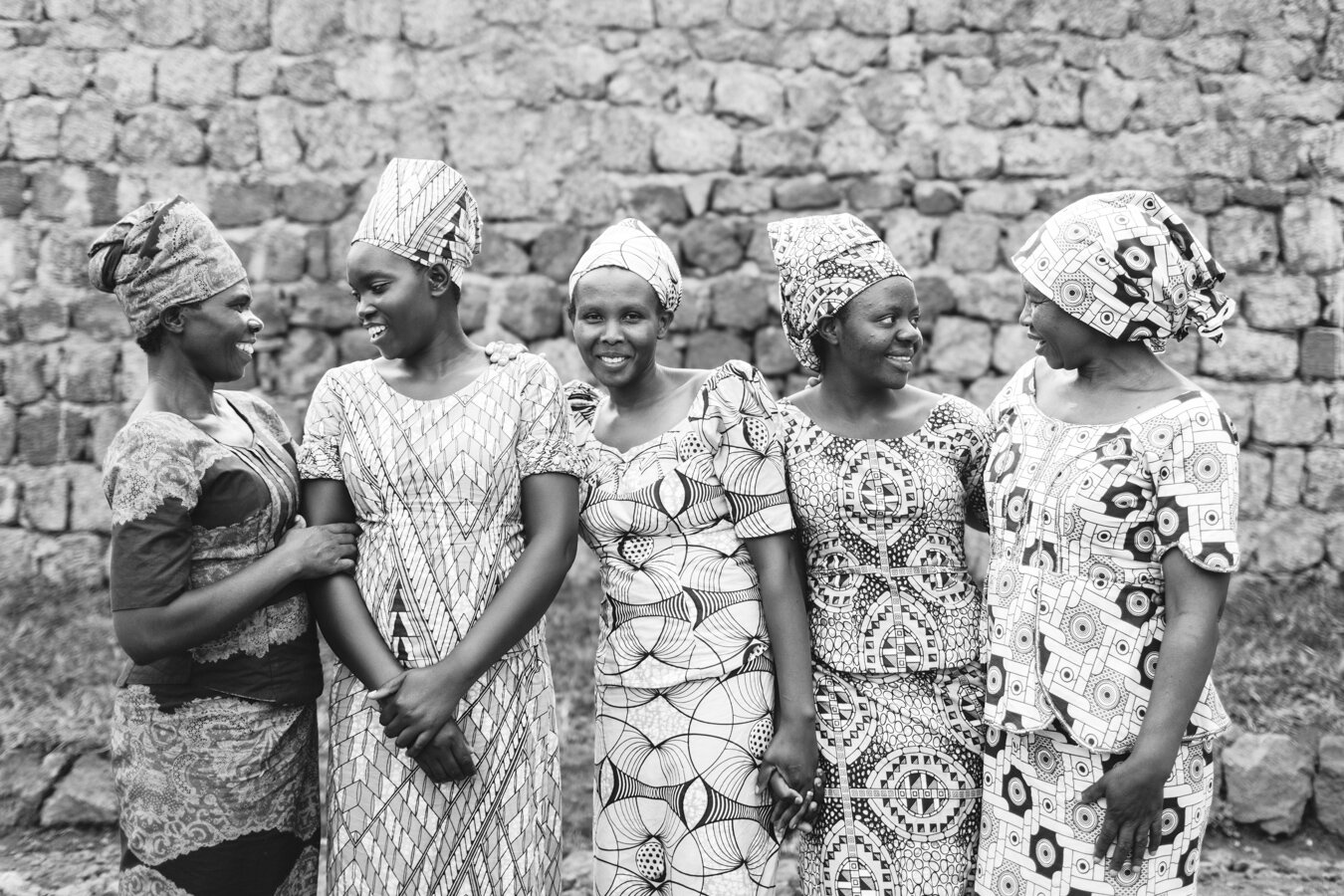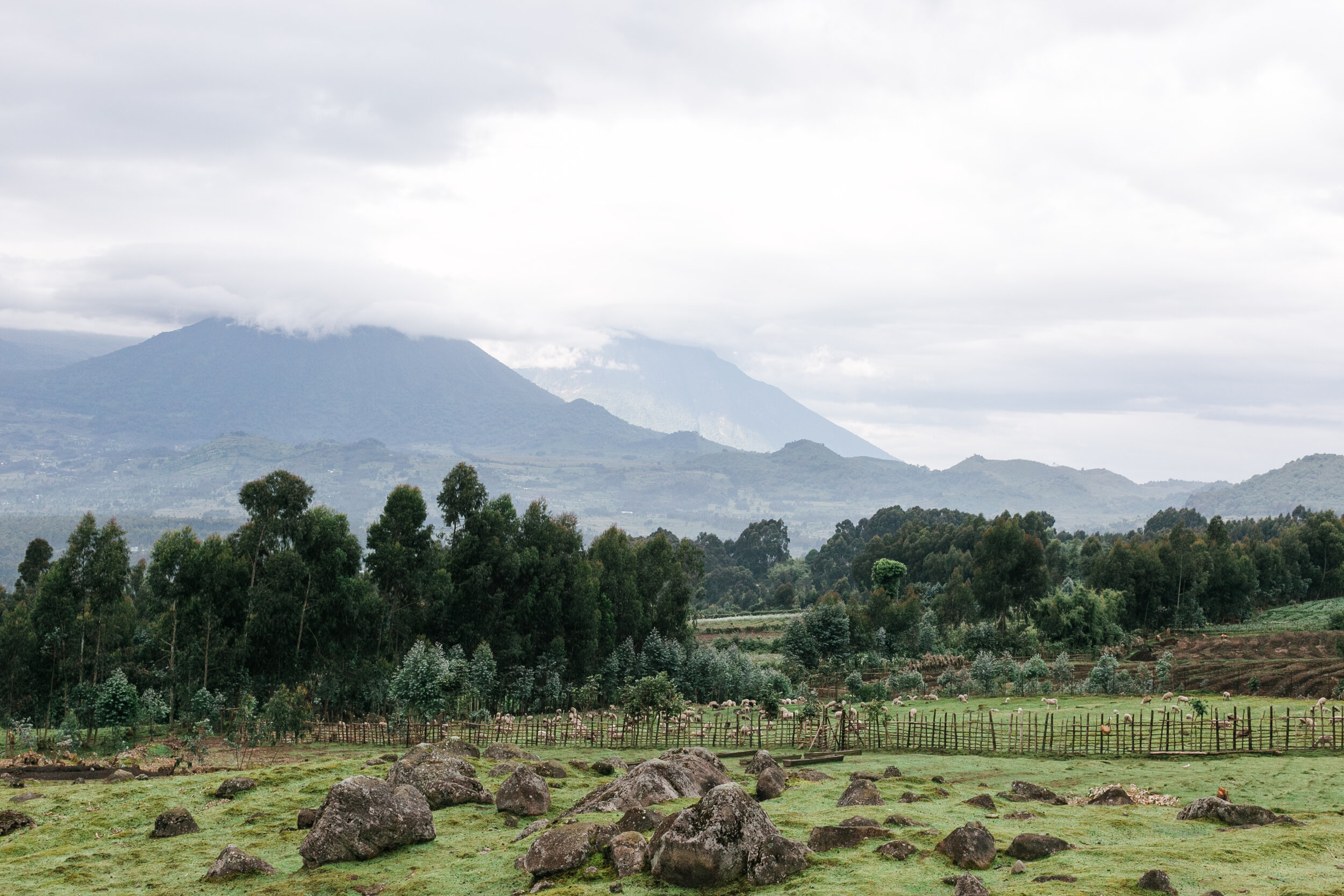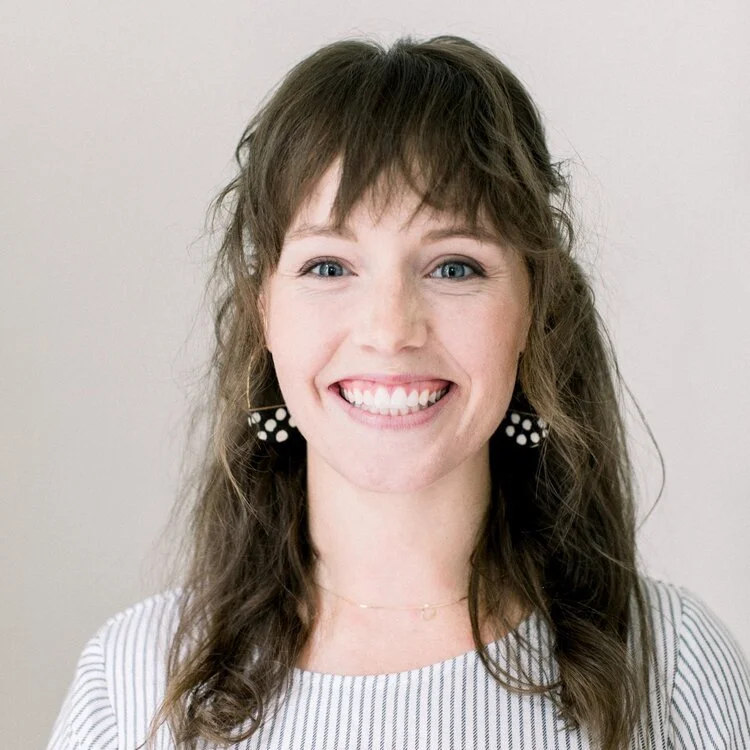Our Story
The Need
There is no question in today's world that too many people live in abject poverty, lacking basic life essentials such as food, shelter, clean water, healthcare and education. Almost half the world lives on less than $2.50 USD per day. Sub-Saharan Africa is home to one third of the world's poverty-stricken rural people, and the numbers are growing.
The Call to Action
In 2002, Handspun Hope’s Executive Director and Founder, Diana Wiley, heard a presentation in her church from an African hospital worker who shared a glimpse of the poverty situation in certain parts of Africa. Diana made the decision to go and make a difference. She believed she could find a way to use her gifts and skills to help those suffering in Africa to overcome the trappings of poverty.
Diana began working with US teams to better equip a hospital in Mozambique. Five years later, Diana learned of the tragic history of Rwanda and the horrific violence that occurred to Rwandan women during the 1994 Genocide Against the Tutsi. The country had suffered a total loss of infrastructure which prevented many Rwandans from being able to work. She felt it was time to move the work of Handspun Hope to Rwanda.
The Solution
In most African cultures, women have immense influence in family and community life. If a woman is educated and empowered, she will mostly likely commit her time, money and skills to educating her children and her community members. Women are an important piece of the development puzzle. It is for this reason that our current focus reaches out to the most vulnerable women in Rwandan communities.
Handspun Hope was officially formed in 2007 and works hand-in-hand with local churches, organizations and leadership to create sustainable enterprise for the most vulnerable women in northern Rwanda.



















